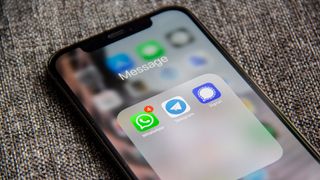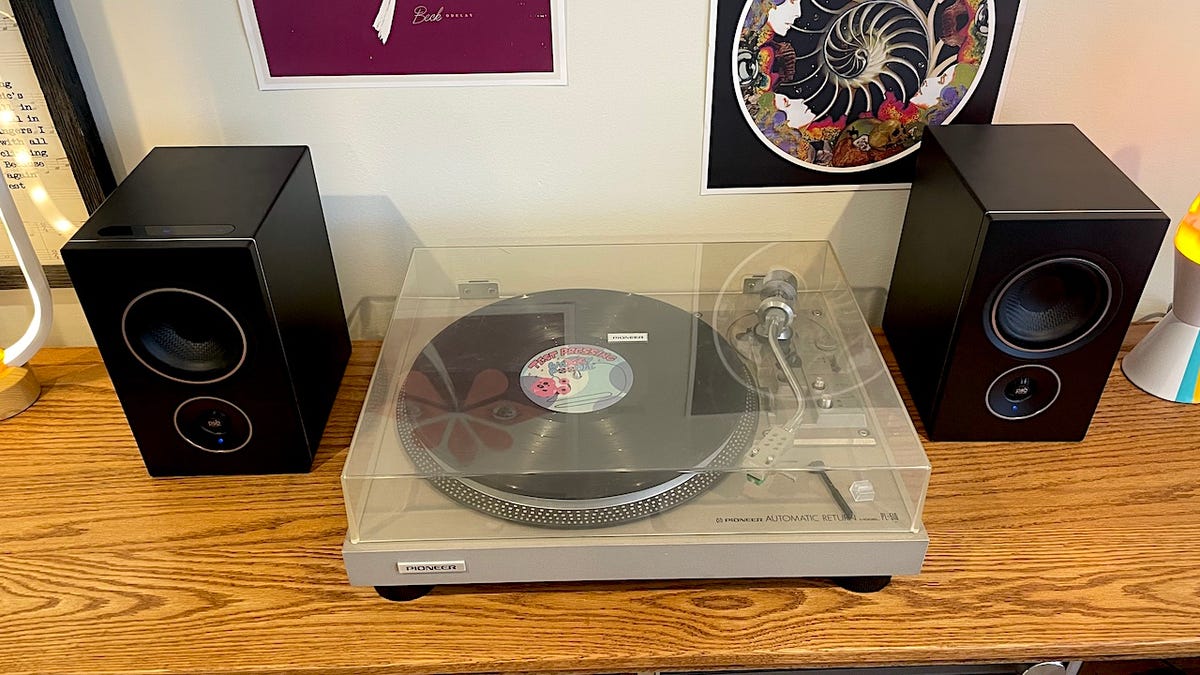- RCS encryption is still months away following a major US telecomms breach
- Global mobile industry body GSMA is spearheading work on this security update
- The FBI recommends using encrypted messaging apps like WhatsApp and Telegram
The developers of the Rich Communication Services (RCS) messaging standard has warned that bringing encryption to the standard could take months, after the FBI warned users to switch to encrypted messaging services.
The GSMA, the world’s leading mobile networks industry organization and developers of RCS, is reportedly spearheading work to bring encryption to the universal standard following a major telecommunications breach in the US at the beginning of December.
A spokesperson for the organization told CNBC: “Work with key industry stakeholders is progressing well and we look forward to updating the market in the coming months.”
That’s a positive outlook, but the fact we’re looking at months rather than weeks may worry some given the scale of the breach reported in early December. As Android Authority notes, no specific timeline has been given
As we previously covered, hacking group known as Salt Typhoon was able to gain broad access to US mobile networks including those operated by Verizon and AT&T, which enabled the group to spy on user activity.
The FBI has advised all users to use end-to-end encryption when messaging, and if possible when making calls. End-to-end encryption scrambles information into code that is decipherable by a key that only the sender and receiver have access to.
Encrypted messaging apps include WhatsApp, Telegram, and Signal, all three of which support encryption across different mobile platforms. The default Messages apps found on both iPhone and Android handsets also support encryption, but generally only between phones of the same operating system.
Using default apps, iPhones and Android phones will use RCS to communicate with one another, which as mentioned does not yet support encryption.
My analysis
Growing up, I remember the iPhone-Android rivalry as a bit of fun, one of the great tech feuds of the 21st century next to Xbox versus PlayStation and Mac versus PC – now, though, it seems that rivalry has come back with a nasty payoff.
Apple and Google have substantially improved their collaboration over the years, recognizing each other as essential parts of the wider tech ecosystem by, for example, implementing Apple Music as an Android app, or using Google for various Apple Intelligence features.
That said, there are elements of the two platforms that don’t merge. In this case, Google would have you believe that Apple has at least neglected making texting between iPhone and Android phones easier, with RCS introduced to the iPhone just this year.
It’s hard to say whether the two companies would have been able to implement cross-platform encryption had there been the mutual will to do so, as the GSMA controls and develops RCS. But events like the Salt Typhoon data breach remind us that we live in a world where all devices are increasingly interconnected and inter-reliant, regardless of which logo is printed on the back.
In this sort of world, security needs to come before the exclusivity of any one phone maker’s ecosystem. It’d be great to see some public commitments to inter-platform security from Apple and Google in the near-future.
And though we may still be a way off from RCS encryption, it’s encouraging to know this essential feature is on the way.










 English (US) ·
English (US) ·